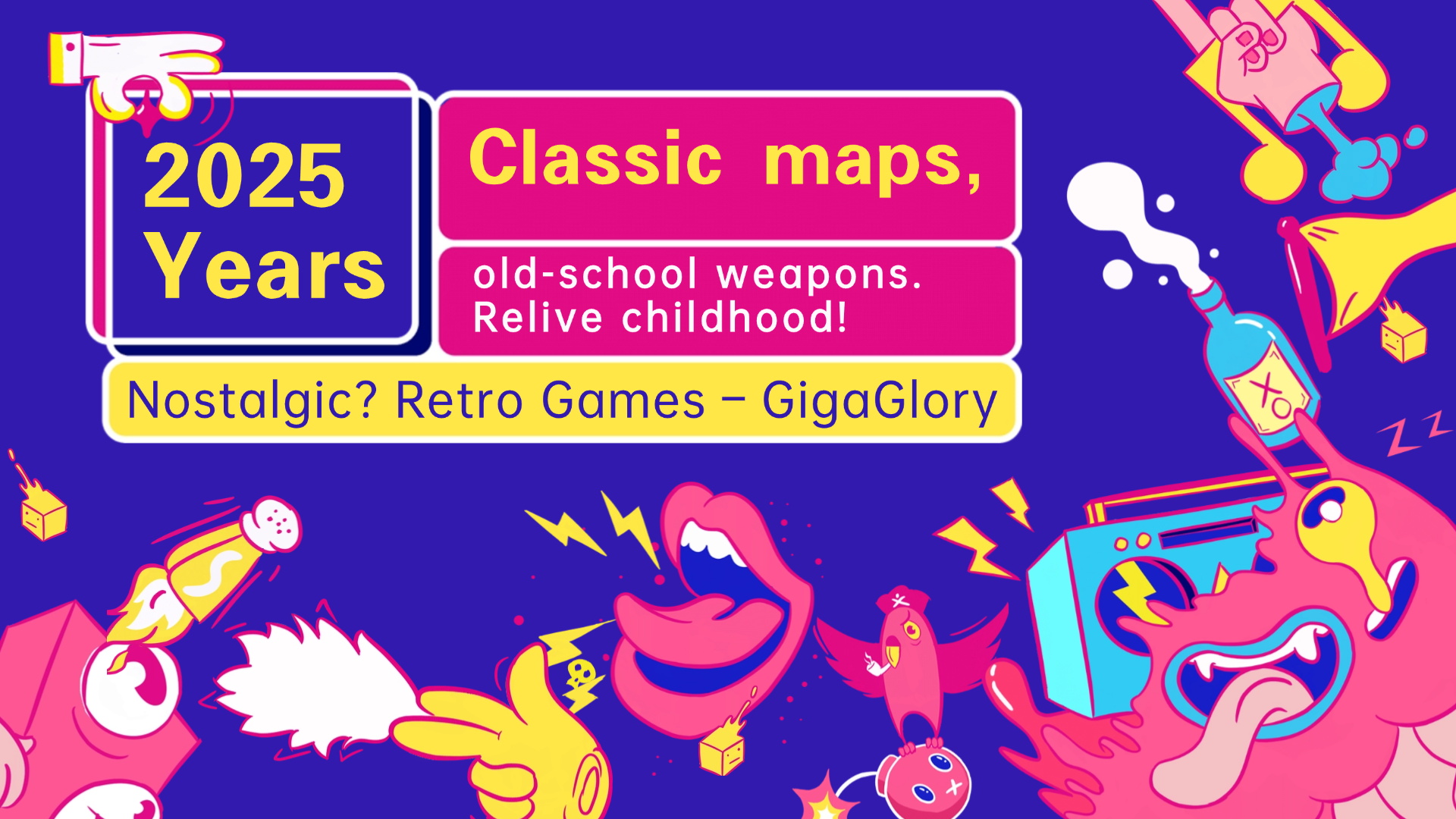Building Games for Learning: How Educational Games Shape Young Minds
In a world where screens dominate young minds, the art of building games for education is becoming increasingly vital. Games are more than just entertainment; they can truly mold and enhance the learning experiences of children. Let's explore how educational games like RPGs can stimulate growth, creativity, and problem-solving skills, all while making learning fun!
The Power of Educational Games
Games create a unique environment that promotes engagement and retention. Here's a quick rundown of what makes educational games special:
- Interactive Learning: Players can actively participate, leading to better information retention.
- Immediate Feedback: Mistakes can be corrected in real-time, allowing for continuous improvement.
- Motivational Elements: Levels, scores, and rewards encourage players to keep going.
Building Blocks of a Great Educational Game
So, what goes into building games that promote learning effectively? Here are key elements to consider:
- Engaging Storylines: An interesting narrative keeps players hooked.
- Difficulty Levels: Challenges should be adaptable to various skill levels for maximum inclusivity.
- Educational Content: Incorporate relevant subjects seamlessly into the gameplay.
Creating the Perfect RPG Game
Role Playing Games (RPGs) have a unique feel which can be incredibly beneficial in an educational context. If you're wondering how to make a RPG game, here are some essential steps:
1. **Define Your Learning Objectives**: What should the players learn? 2. **Create a Character Development System**: Characters should evolve based on what they learn. 3. **Build a Rich Lore**: Your game world should be immersive and fascinating. 4. **Integrate Puzzles and Quests**: Learning should be part of the quests and challenges. 5. **Test and Revise**: Always seek feedback and improve!
The Appeal of "Pop It ASMR" Games
Interestingly, a rising star in the realm of educational games is the "Pop It ASMR game". It captivates kids not just through fun sound effects but also enhances sensory experiences. These kinds of games promote not only relaxation but also fine motor skills. With the right design, they can provide an engaging and comforting way to learn!
Benefits of Building Games for Learning
When you dive into building educational games, the benefits are extensive. Here are some key takeaways:
| Benefit | Description |
|---|---|
| Enhanced Cognitive Skills | Games improve critical thinking and problem-solving abilities. |
| Collaborative Learning | Multiplayer games encourage teamwork and communication. |
| Improved Tech Skills | Kids gain familiarity with technology and digital platforms. |
User Experience Matters!
Creating an educational game isn't just about the content; user experience plays a massive role. Intuitive design will help kids navigate through lessons more easily. Always keep user testing in mind. Observe how young players interact with your game. Their feedback is vital for refinement!
Conclusion
Educational games hold enormous potential to shape young minds positively. By focusing on building games that encourage learning, we can foster creativity, critical thinking, and collaboration among children. From RPGs to innovative ASMR experiences, there's no limit to what educational games can achieve. Let's revolutionize learning through play!



